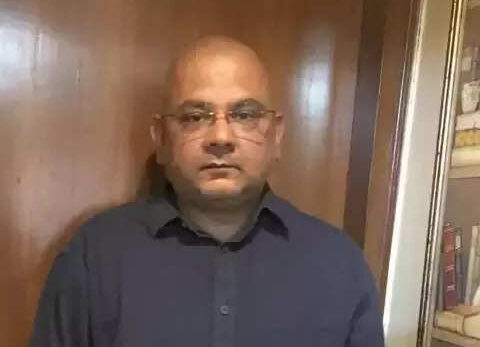The bank reported Rs 831 crore of annual profit against Rs 8,527 crore loss in the preceding fiscal. ROA for the full year was 0.31% as against a negative 2.95% a year back.
Net profit for the March quarter more than doubled at Rs 350 crore against Rs 144 crore in the year ago period, largely owing to gains from treasury operations.
“We are very comfortable in respect of all parameters and have approached the regulator for lifting of PCA restrictions,” ‘s managing director Partha Pratim Sengupta said.
The fall in deposit cost also helped profitability, the CEO said, although the bank’s net interest margin fell to 2.22% for the March quarter from 2.6% for the year-ago period on account of reversal of interest income booked in the previous quarters.
Sengupta expects the NIM to improve to 2.5% for the June quarter despite the renewed stress seen from May onwards. “We are in a much better position now compared to last year as the situation is coming back to normalcy faster with easing of lockdowns. NIM will improve gradually and we will be happy to achieve a NIM of 2.6-2.7%,” he said.
The bank’s operating profit rose 44% at Rs 1724 crore for the January-March period against Rs 1197 crore in a year-ago quarter. Other income including gains from treasury almost doubled at Rs 112 crore against Rs 61 crore. Interest income fell to Rs 2446 crore from Rs 2848 crore over the same period.
Provisions to cover bad loans and the emerging stress also nearly doubled at Rs 1597 crore compared with Rs 831 crore despite a fall in gross non-performing assets ratio to 11.69% at the end of March from 14.78% a year back.
“We have made enough provision to cover Covid-related risks,” the MD said.
It wrote off bad loans to the tune of Rs 2,524 crore in the March quarter.
The bank’s board has approved the selling of 125 crore equity shares to expand capital this fiscal. Meanwhile, the government with 96% ownership in the bank is reported to have plans to privatise it.
“We have no direct or indirect communication from the government on privatisation,” Sengupta said.



